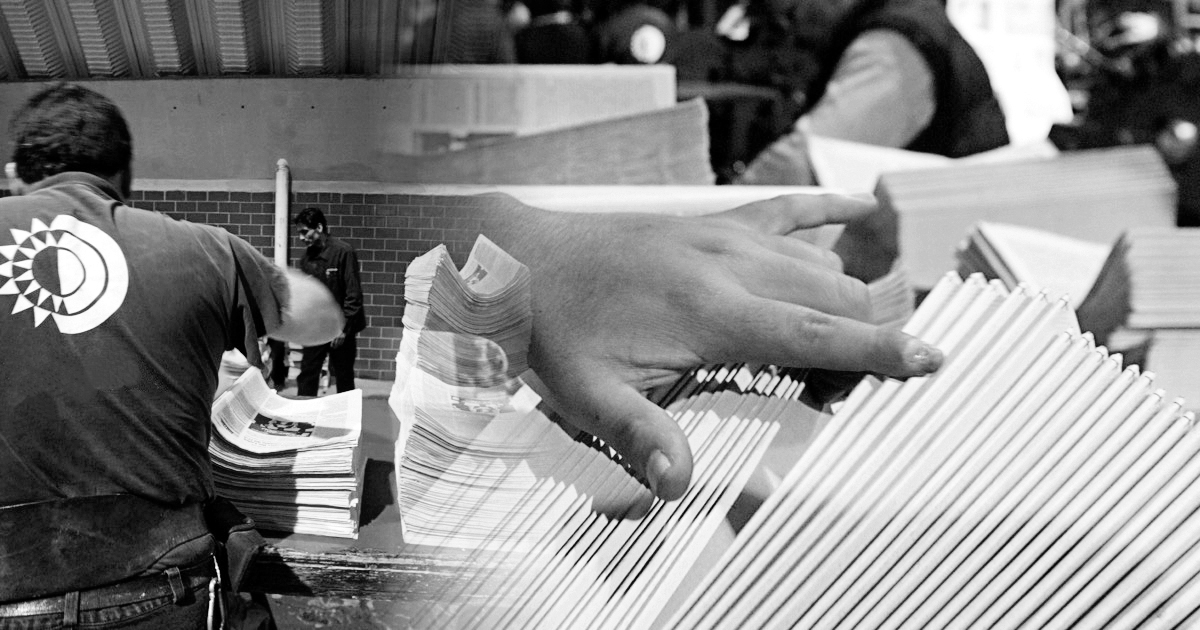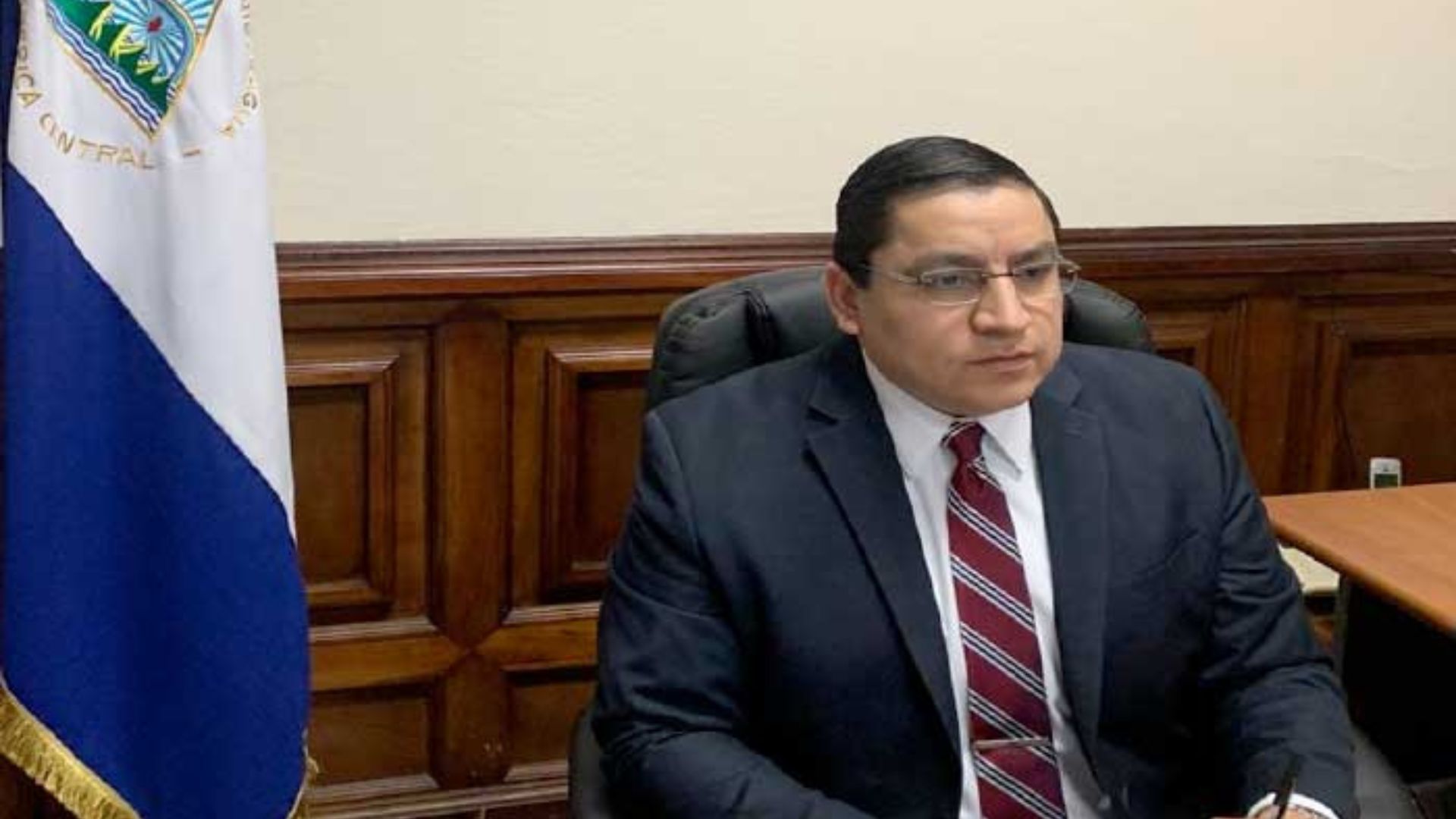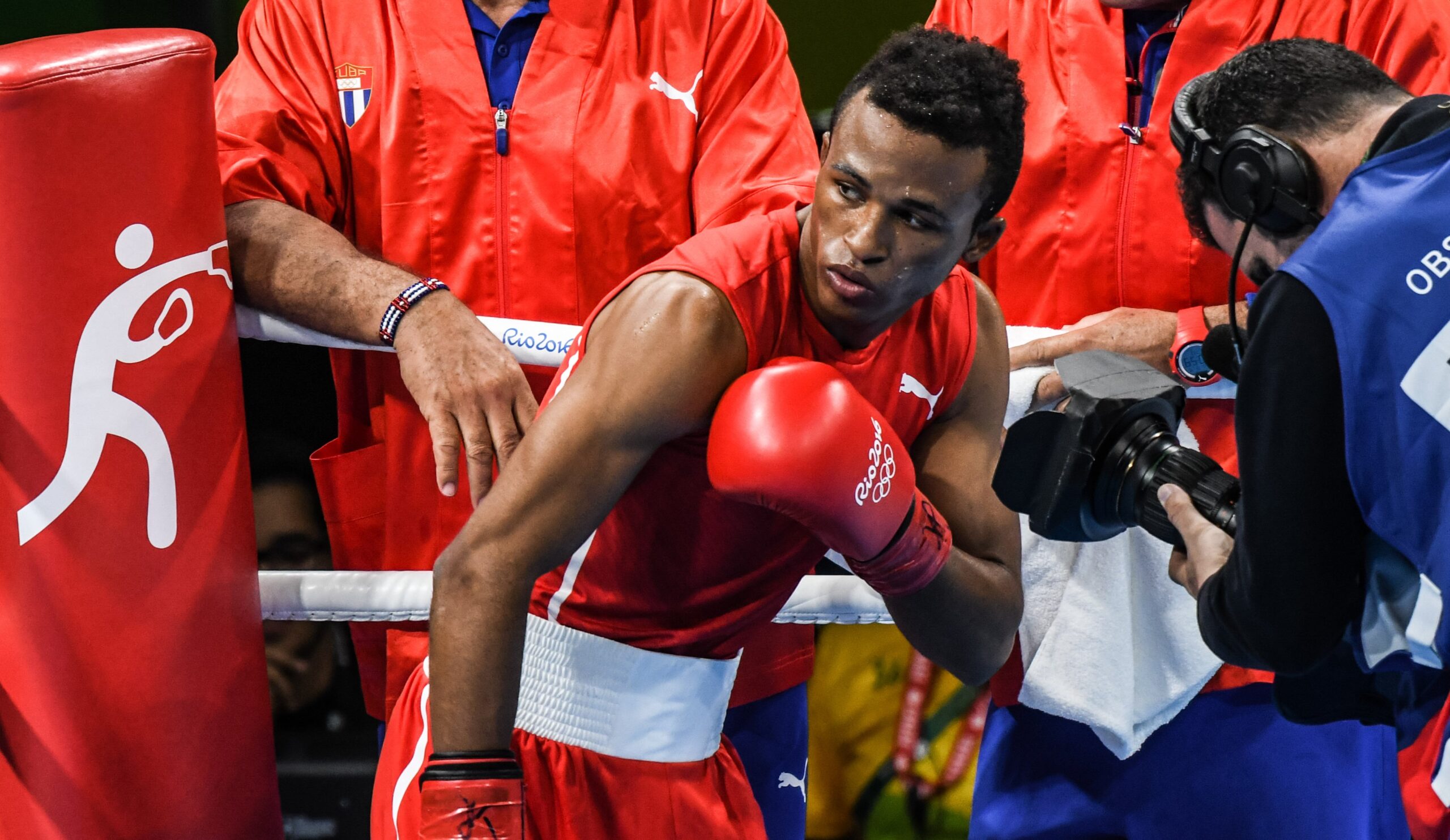Enrique Mendez and Georgina Saldierna
Newspaper La Jornada
Wednesday, July 13, 2022, p. 8
The National Electoral Institute (INE) preliminarily anticipates that the number of indigenous federal electoral districts will go from 28 to 44, while the local ones will go from 56 to 103, as part of the redistricting that it is carrying out.
To date, redistricting has been approved in six states at the local level: Campeche, Coahuila, Colima, Chihuahua, Puebla and Mexico City, said through counselor Ciro Murayama, who in an interview expressed the agency’s interest in participating in the forums. of the open parliament for political-electoral reform.
The institute has always been willing to participate in any open and informed discussion on electoral reform, said the director before holding a working meeting with members of the Commission on Indigenous and Afro-Mexican Peoples of the Chamber of Deputies.
At the meeting, the legislators expressed concern about the first redistricting project, since it brings together totally different regions in the same district, mobility complications are generated and it is insensitive to orography, among other issues.
Murayama explained that this first scenario is being corrected with the participation of political parties and citizens through a consultation. Taking into consideration that the population that is recognized as indigenous went from 11 million 132 thousand people in 2010 to 23 million 229 thousand in 2020, there will be an expansion of the districts classified as indigenous in the new redistricting, he pointed out.
As for the electoral reform, he stressed that he is not concerned about the proposal to reduce the number of INE councilors if this is the result of a broad consensus.
He also considered it pertinent to eliminate overrepresentation in the Chamber of Deputies, but what he did point out as wrong is that they want to remove the power to draw up the electoral roll from the electoral body, because now who would do it, the Ministry of the Interior? With what controls, with what surveillance?, he questioned, emphasizing that this could mean a setback of three decades.
For the rest, Councilor Murayama pointed out that it is not a good idea to drastically change the electoral system, which works well, before a presidential election.








